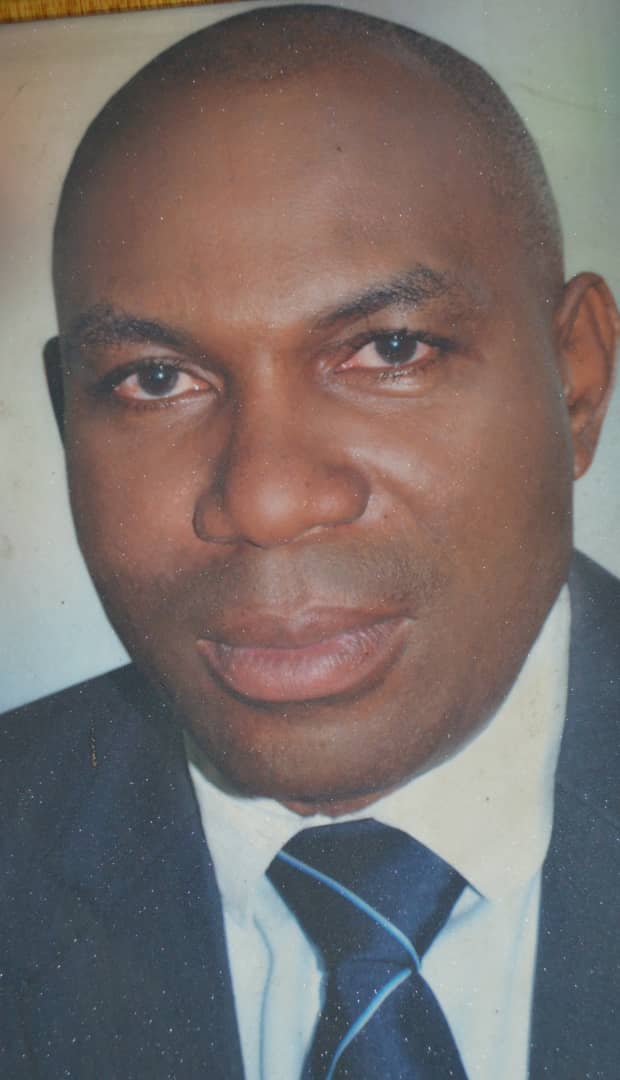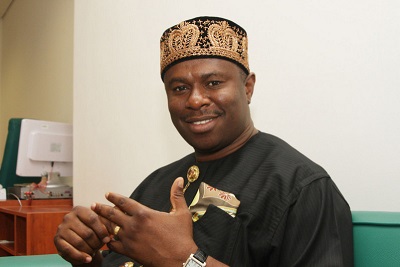Foreign airlines blame fare hike, N582/$1 RoE on Central Bank, instability
Foreign airlines, yesterday, pushed back on the recent upward review of Rate of Exchange (RoE) and attendant spike in the cost of international air travel, saying they were induced by the Central Bank’s exchange rate and local market volatility.
The airlines, under the aegis of the International Air Transport Association (IATA), said the exchange rate applicable to international flight tickets sold in Nigeria were not determined by the airlines as often claimed, and “it is incorrect to describe them as the IATA exchange rate”.
It will be recalled that for the third time in less than two months now, the Rate of Exchange applicable to foreign airlines has further soared, hitting N582/$1 with attendant spike in the cost of international air travel.
At the new RoE, registered by the Global Distribution System (GDS), a six-hour Lagos-London Economy class ticket sells for between N1.1 million to N2.97 million-plus – subject to airline of choice, place, and time of booking. Its Business class variant sells for between N3.36 million to N4.8 million.
While stakeholders regretted that the development has further pushed international air travel beyond the reach of average Nigerians, they acknowledged the inherent respite on foreign airlines’ that are patronising the Investors and Exporters (I&E) FX window for fund repatriation, and reopening of naira inventories to travel agencies in the countries.
The clearing house for over 290 world airlines, IATA, in a statement Monday, reiterated that airfares for international flights from Nigeria are denominated in U.S. Dollars and converted into Naira, the local currency, for sale in the Nigerian market.
“These conversions use the official prevailing exchange rate provided by the country’s financial system.
“IATA simply applies the spot rate at which the Central Bank of Nigeria sells USD through banks to the market, at its fortnightly retail foreign exchange auctions. The rate is not static, i.e. if the rate at which the CBN sells USD goes up, the exchange rate applied to airfares will follow and vice versa,” IATA said.
It is noteworthy that the international segment of the aviation sector has been in stuck fund crisis in the last one year, with knock-on effects on inventories, the asking price, and near- collapse of local travel agencies.
Earlier intervention by the Central Bank of Nigeria (CBN) did pledge $265 million in August 2022, leaving a balance of $200 million of the stuck fund in Nigeria. But the stranded funds kept piling by daily sales of tickets, to warrant Emirates Airlines quitting the Nigerian route late October 2022. As at the last check, industry sources said the accumulated was well over $800 million.
The Guardian reported that following a negotiation to end the logjam, the authorities recently conceded a shift from the official CBN window to the much volatile I&E window for the repatriation of foreign airlines funds in Nigeria.
Travel operators and experts alike were unanimous that the new rates were inevitable and partly a good omen in the current market realities.
Chairman of the Airlines and Passengers Joint Committee (APJC) of the International Air Transport Association (IATA), Bankole Bernard, said the foreign airlines accessing the I&E window might be the permanent solution to the perennial problem of stuck funds, and unleashing the commercial viability of the international segment.
Bernard reiterated that the stuck fund crisis had regrettably dragged on for too long because the government was indecisive on what to do with the FX liquidity crisis, and its effects on the foreign airlines.
“The government has been neither here nor there. If you are telling the airlines not to sell at NAFEX rate, but in Naira, and they are not getting their equivalence for repatriation, then the government is the creator of the problem.
“But the airline has started getting their monies because they are not waiting for the CBN anymore. They are doing I&E window, though it is higher, but it is good for the airlines, and even the government. The only people that are suffering in all of this are the masses,” Bernard said.








